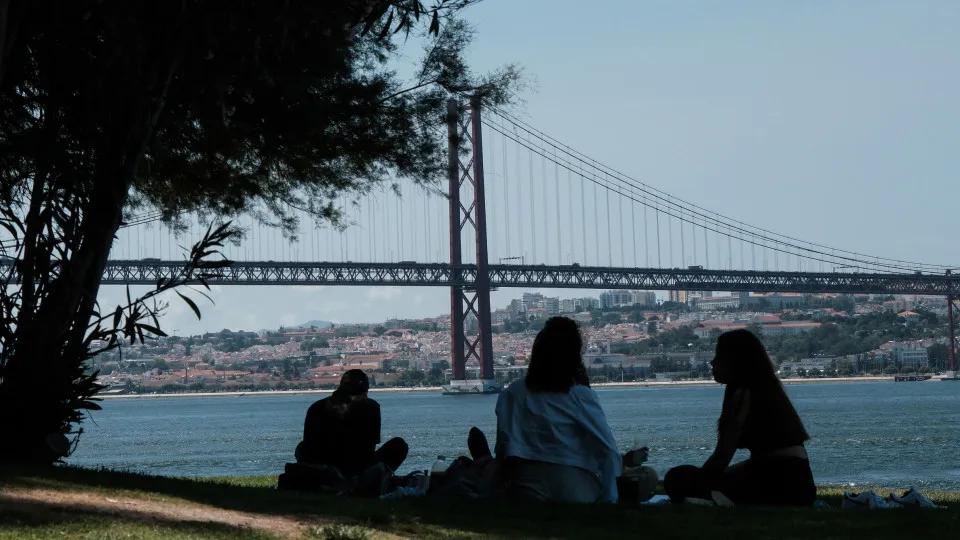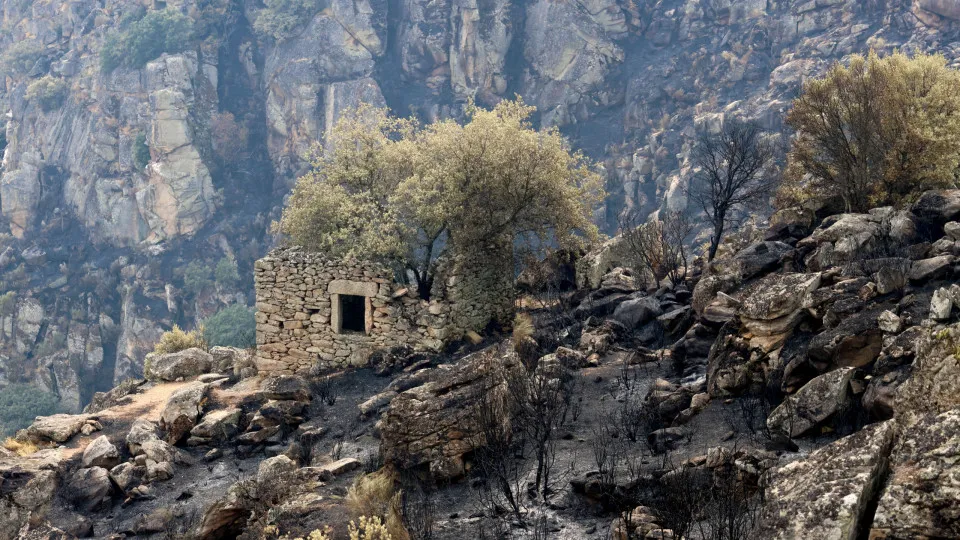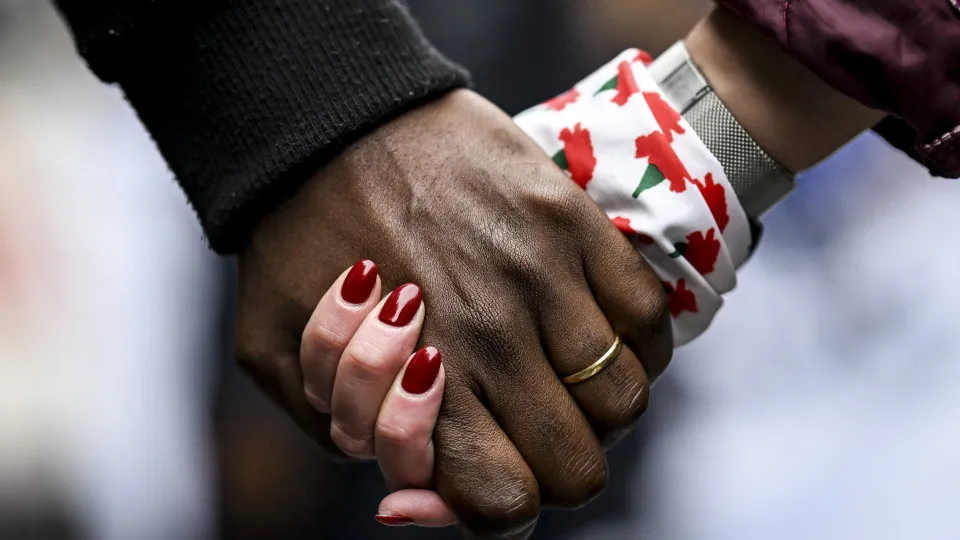
Inês Leonardo, born in Portugal, maintains a deep connection to her Mozambican roots, nurtured by her family.
“My African roots have always been ingrained within me,” she stated, noting that her mother played a crucial role in keeping Mozambican traditions alive through cuisine, music, and family gatherings.
Bernardo Lima, whose parents are from São Tomé, feels a deep connection to his origins, molded and perpetuated by his family’s strong influence.
While Bernardo has a strong connection to culture and traditions, he acknowledges the challenge of mastering the Forro creole language, which he learned “ironically” by listening to his parents when they didn’t want him to understand their conversations.
Marlúcia Caponzo shares her experience as an Angolan Afro-descendant, feeling a partial connection to her roots, recognizing a significant cultural blend.
The young person of Mozambican origin criticizes how history is taught in Portuguese schools, with a focus on Portugal and neglecting the histories of other countries, especially those in the Community of Portuguese Language Countries (CPLP), stating that this lack of knowledge contributes to racism and a lack of integration.
“If the history of the PALOP [Portuguese-speaking African Countries] and CPLP were well integrated into school curricula,” the new generation would have “a different perspective and be less prone to prejudice,” argues Inês Leonardo.
Marlúcia Caponzo shares the same opinion, adding that “it would be a benefit not only for the African community in Portugal but also for the Portuguese.”
The São Tomé native believes integrating such content into schools is complex due to “sensitive themes like slavery and the Batepá massacre” and the current political climate in Portugal, suggesting it should be considered carefully.
However, the young person thinks history should be shared in “forums or dedicated spaces.”
The youths identified several challenges such as discrimination in school, work, and hospitals, expressing concern.
Marlúcia also expressed concern about setbacks in rights gained by the Afro-descendant community, citing alongside Bernardo Lima, examples like the revocation of the right for everyone born in Portugal to have Portuguese nationality and the complication of processes with the Agency for Migration Integration and Asylum (AIMA).
Inês Leonardo highlighted that racism is a reality in Portugal, recounting a personal experience of alleged prejudice during a selection process for an internship, which made her feel “the first shock and fear of racism.”
“There should be more representation, especially in politics. Seeing people like us,” highlighted Marlúcia Caponzo, emphasizing the importance of this representation for the Afro-descendant community to have a voice and needs addressed.
Asked about changes for the future, the youths expressed their vision for a future with more active, informed young people willing to “make a change” and fight against hate speech and prejudice.
“Our generation is the key that can change the future,” stated Inês Leonardo.
The International Day for People of African Descent was proclaimed by the UN to honor the contributions of the African diaspora and combat racism and racial discrimination.
The date also serves to recognize the richness of African and Afro-descendant cultures and reinforce the commitment to equality, justice, and development for all people of African descent.




